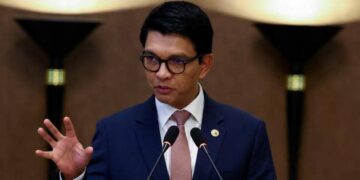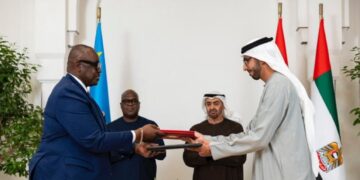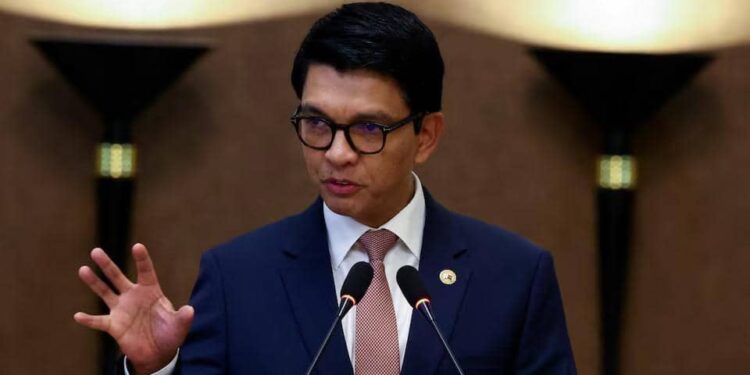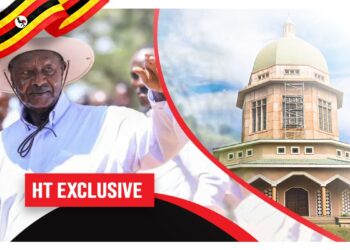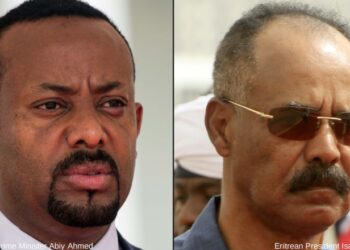By Emmanuel Nduka Obisue
Madagascar’s new military-backed government has formally stripped ousted president Andry Rajoelina of his Malagasy nationality.
The decree, published Friday in the official gazette, came just ten days after Rajoelina was removed in a military takeover. It stated that the former leader had automatically forfeited his Malagasy citizenship after acquiring French nationality in 2014, in line with existing laws prohibiting dual citizenship for nationals who voluntarily assume another.
According to reports by local media and confirmed by French broadcaster RFI, the decree was signed by newly appointed Prime Minister Herintsalama Rajaonarivelo. Photographs of the document have since circulated widely online.
Rajoelina’s French citizenship had long been a source of controversy, particularly during the November 2023 presidential election, when revelations of his dual nationality sparked calls for his disqualification. Despite the uproar and opposition boycotts, the 51-year-old went on to claim victory in the disputed polls.
However, following weeks of youth-led protests and a defection within the military ranks, Rajoelina fled the country earlier this month. On October 11, Colonel Michael Randrianirina, commander of the CAPSAT unit, declared that his troops would no longer enforce orders to suppress demonstrators, paving the way for Rajoelina’s ouster.
Randrianirina was sworn in as transitional president on October 14, pledging to restore order and organize fresh elections within two years.
What This Means
The latest move effectively ends his eligibility to ever contest elections in the island nation again.
By revoking Rajoelina’s nationality, the new government has not only barred him from seeking political office, but also undermined his legal claim to return to power, a decision that may have long-term implications for Madagascar’s political stability and its relations with France, where Rajoelina is now believed to be residing.
Political analysts say the decision could deepen divisions between Madagascar’s ruling elite and pro-Rajoelina loyalists, particularly in Antananarivo, where the former leader retains a strong support base. It also raises constitutional questions about whether the military junta has the legal authority to determine citizenship status. Some rights groups have warned that this could set a dangerous precedent.
International observers, including the African Union and the Southern African Development Community (SADC), are reportedly monitoring the situation closely amid growing concern that the nationality revocation may further polarize the nation and complicate efforts to return Madagascar to civilian rule.
